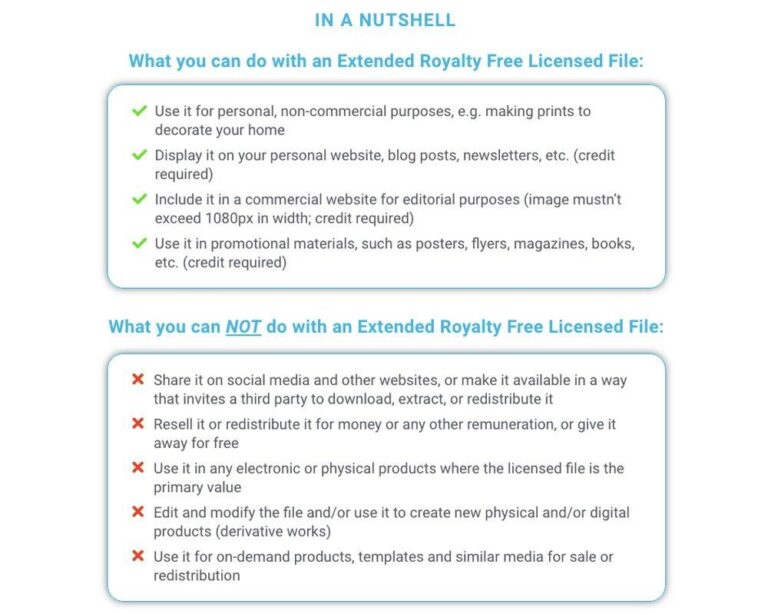Title: Strengthening Healthcare Resilience in the Central African Republic: The World Bank’s Strategic Vision
Nestled in the heart of Central Africa, the Central African Republic (CAR) confronts enduring hardships marked by poverty, conflict, and fragile healthcare systems. For decades, delivering accessible and quality medical services has been a daunting challenge for this resource-abundant yet underdeveloped country. Nevertheless, renewed international collaborations and targeted investments are igniting hope for transformative change. Leading these efforts is the World Bank, which is dedicated to constructing a robust health system capable of addressing urgent medical needs while establishing sustainable improvements for future generations. As key players unite to devise an integrated approach, this initiative promises to redefine health governance and enhance community well-being not only within CAR but potentially across similar fragile contexts.
Laying the Groundwork for Health System Resilience in CAR
The path toward a durable healthcare framework in CAR demands multifaceted strategies tailored to overcome systemic weaknesses. A primary focus lies in upgrading health infrastructure, encompassing renovation of clinics, procurement of advanced medical devices, and securing uninterrupted supply chains for vital medications‚ÄĒan area where lessons from recent initiatives like Somalia‚Äôs enhanced diagnostic networks provide valuable insights.[1] Complementing infrastructure improvements are community-driven health programs, which empower residents through education on disease prevention and healthy practices‚ÄĒa strategy reminiscent of Rwanda’s successful community health worker model that significantly reduced maternal mortality rates.[2]
In addition to grassroots engagement, embracing digital innovations such as mobile health platforms expands reach into remote areas where traditional services falter. These technologies facilitate timely dissemination of information and enable remote consultations‚ÄĒcritical tools amid ongoing instability.
A holistic response also requires fostering cross-sector collaboration among government bodies, NGOs, private entities, and international partners to tackle social determinants impacting public health outcomes. Continuous professional development programs ensure healthcare workers remain equipped with up-to-date skills essential for quality care delivery.
Finally, establishing sustainable financing mechanisms, including innovative public-private partnerships (PPPs) and scalable insurance schemes adapted to local contexts will underpin long-term system resilience.
| Strategic Focus Area | Expected Outcome |
|---|---|
| Health Infrastructure Enhancement | Expanded access to reliable medical services with improved facility standards. |
| Community Health Engagement | Elevated public awareness leading to proactive preventive care. |
| M-Health Technologies Deployment | Broadening service coverage through digital outreach. |
| Cohesive Multi-sector Partnerships | A unified approach addressing complex socio-economic factors affecting health. |
| Healthcare Workforce Training Programs              |
                Improved clinical competencies enhancing patient outcomes.                       |
| Sustainable Financial Models              |
               Long-lasting funding stability supporting continuous system growth.            |
Overcoming Barriers Through Investment & Financing Innovations
Securing adequate resources remains one of CAR’s most pressing obstacles on its journey toward resilient healthcare delivery. Aligning national policies with global support frameworks is critical for developing financing models that can sustain expanded service provision.
Engagement from both governmental agencies and private sector actors is pivotal; exploring novel funding avenues such as blended finance instruments or impact investing can unlock capital flows previously untapped.[3]
Beyond financial inputs alone lies the necessity of modernizing physical assets within healthcare facilities:
- Upgrading diagnostic equipment: introducing state-of-the-art tools enhances accuracy in disease detection.
- Teleservices expansion: leveraging telemedicine bridges geographic gaps especially crucial during outbreaks or mobility restrictions.
- EHR implementation: digital patient records streamline data management improving continuity of care while enabling evidence-based decision-making.
These investments collectively fortify CAR‚Äôs capacity not only against current challenges but also future epidemics or emergencies‚ÄĒas demonstrated by Uganda’s community-centered Ebola response strategies that successfully curtailed transmission rates.[4]
Mobilizing Local Capacity To Enhance Health Service Delivery In Conflict Zones
Local participation emerges as an indispensable pillar when rebuilding effective healthcare amidst ongoing crises prevalent throughout CAR.
By equipping community members as frontline agents through comprehensive training programs,
Establishing feedback loops enables authorities to adapt interventions responsively based on real-time input from affected populations.
Moreover,
Collaborative platforms uniting local organizations with formal providers promote shared ownership essential for sustained progress.
Recent evaluations reveal tangible benefits linked directly with active local involvement:
| Benefit | Description |
|---|---|
| Improved Accessibility | Proximity-based services reduce travel time burdens particularly important given limited transport infrastructure. |
| Enhanced Trust | Community engagement nurtures stronger relationships facilitating adherence & follow-up. |
| Elevated Health Literacy | Localized education campaigns increase awareness driving healthier behaviors.
Looking Ahead: A Vision For Sustainable Healthcare In The Central African RepublicAs CAR endeavors to rise above decades marked by turmoil & fragility, The World Bank’s steadfast investment commitment spanning infrastructure upgrades, capacity building,&&&&&amp;amp;amp;amp;amp;amp;amp;aacute;</p>
|







